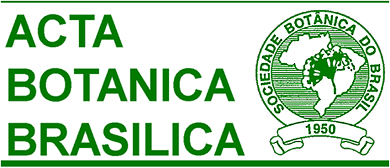Sisal plantations have become one of the more important economic activities in the semiarid region of Bahia, where the environmental adversities are too harsh for most other agricultural operations. In the face of economic importance, cytogenetic studies of sisal are necessary because they could provide information that would aid in the production of improved lineages. In this study, the analyses of the immature bulbs, collected from five different areas in Bahia, showed the presence of diploid and pentaploid individuals, with chromosomal lengths varying from 24.56 µm to 0.43 µm in the different samples. The karyotype formulation for the hybrid n° 11648 (2n = 2x = 60), collected in the district of Valente, was 2mv + 38m + 10sm + 8st + 2t. For the pentaploids (2n = 5x = 142 c.a.) collected in the districts of Conceição of Coité and Valente, however, the chromosomal classification found was 14m + 66sm + 38st + 2a + 22t and 82m + 48sm + 12st, respectively. Factors, such as longer genomic length, the presence of acrocentric, subtelocentric and telocentric chromosomes in the bimodal karyotypes and the decrease in the amount of long chromosomes with consequent increase in the number of small chromosomes, can indicate the course of a divergent process.
Cytogenetics; Karyotype; Ploidy

 Chromosomal analysis of immature bulbs of sisal (Agave spp.) cultivated in different districts in Bahia, Brazil
Chromosomal analysis of immature bulbs of sisal (Agave spp.) cultivated in different districts in Bahia, Brazil




